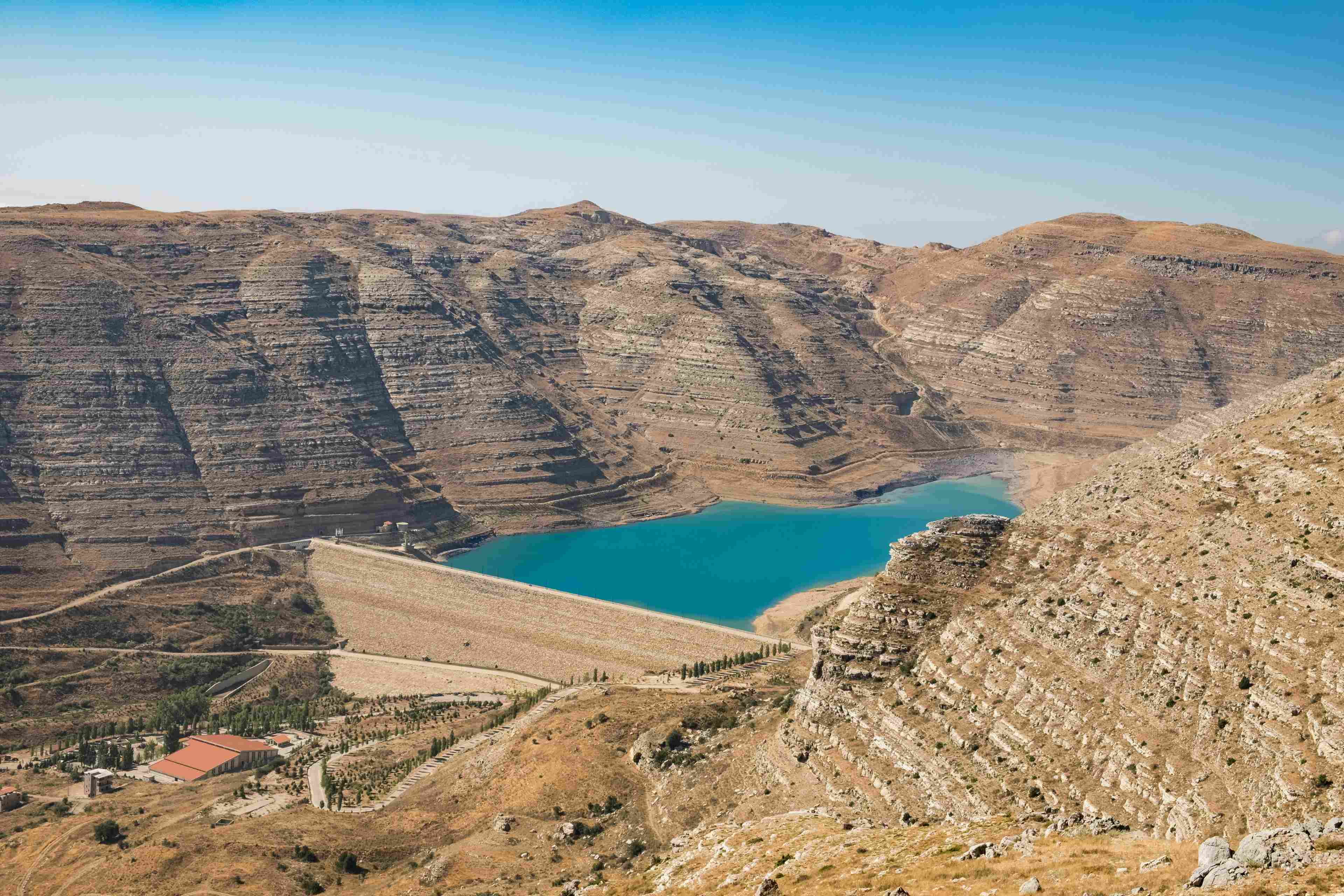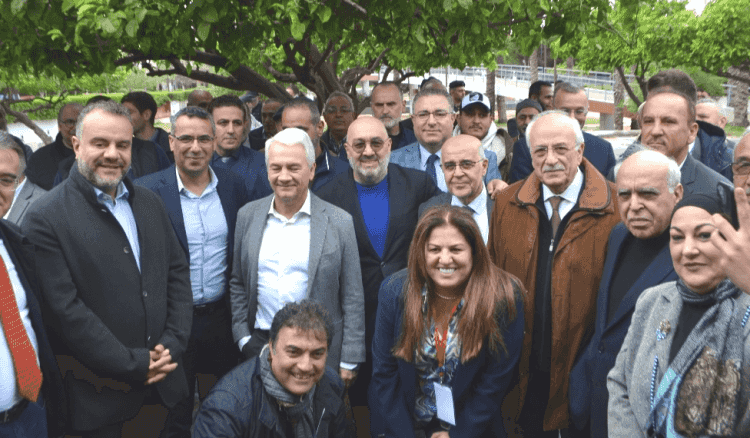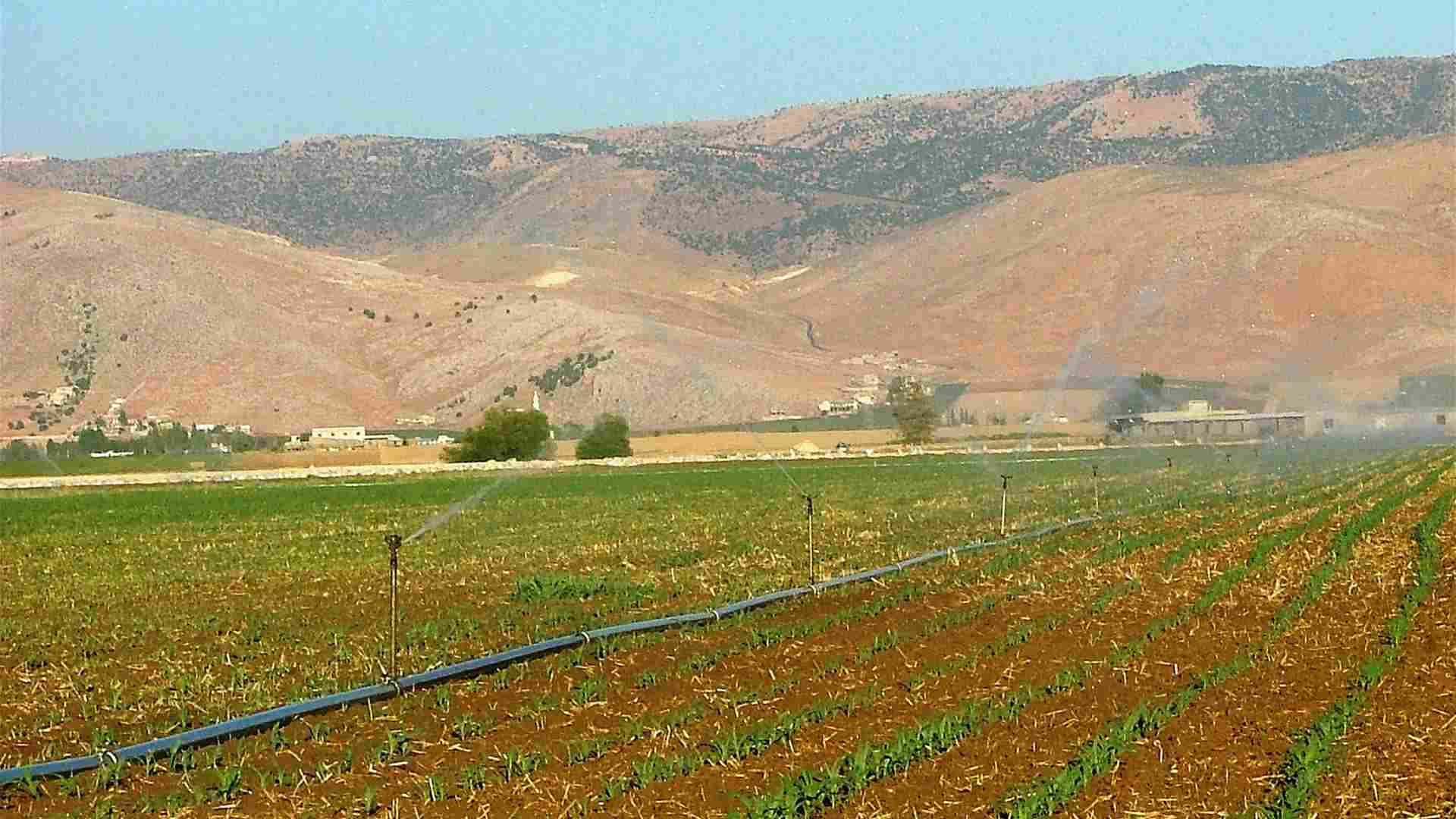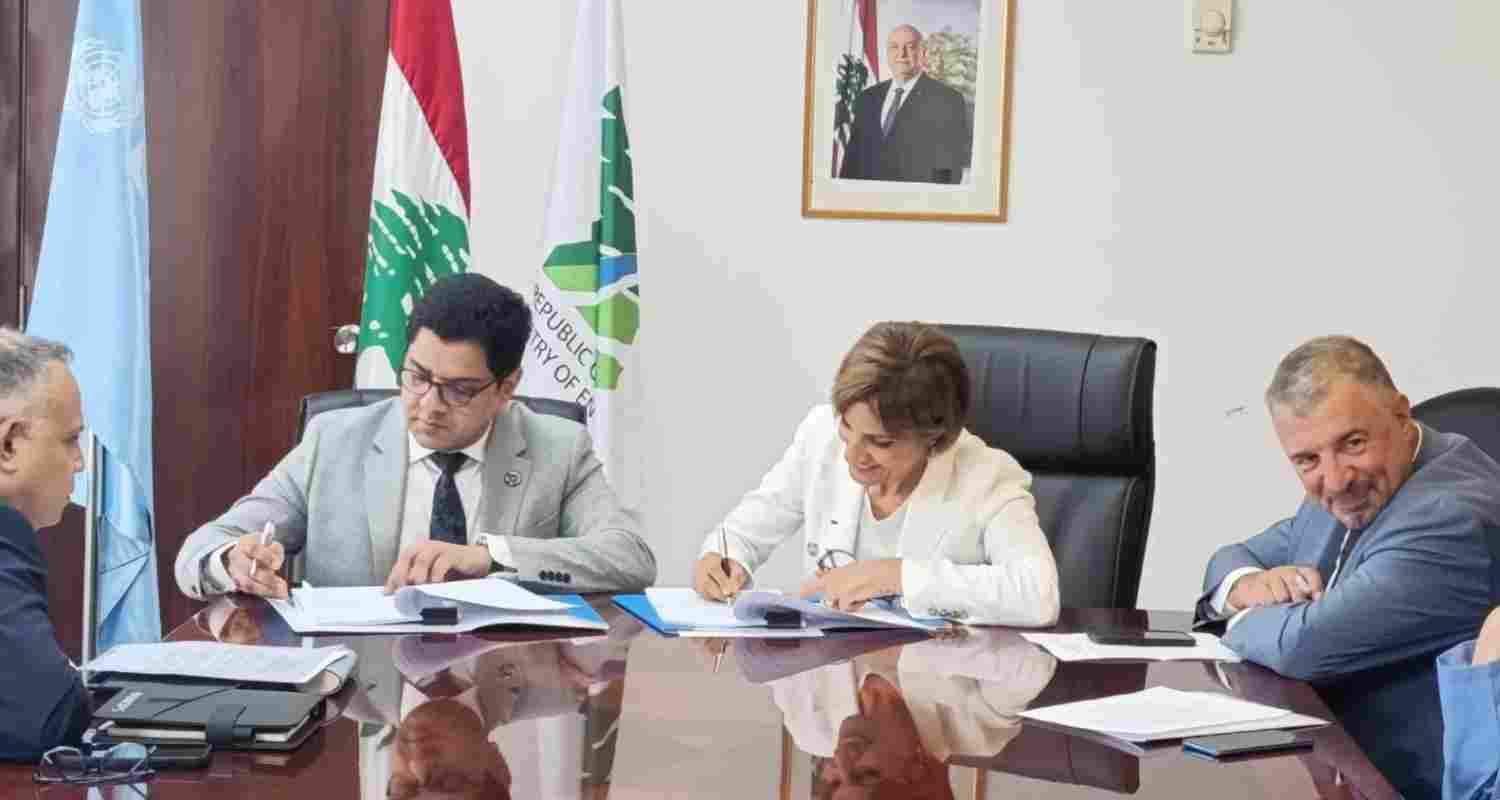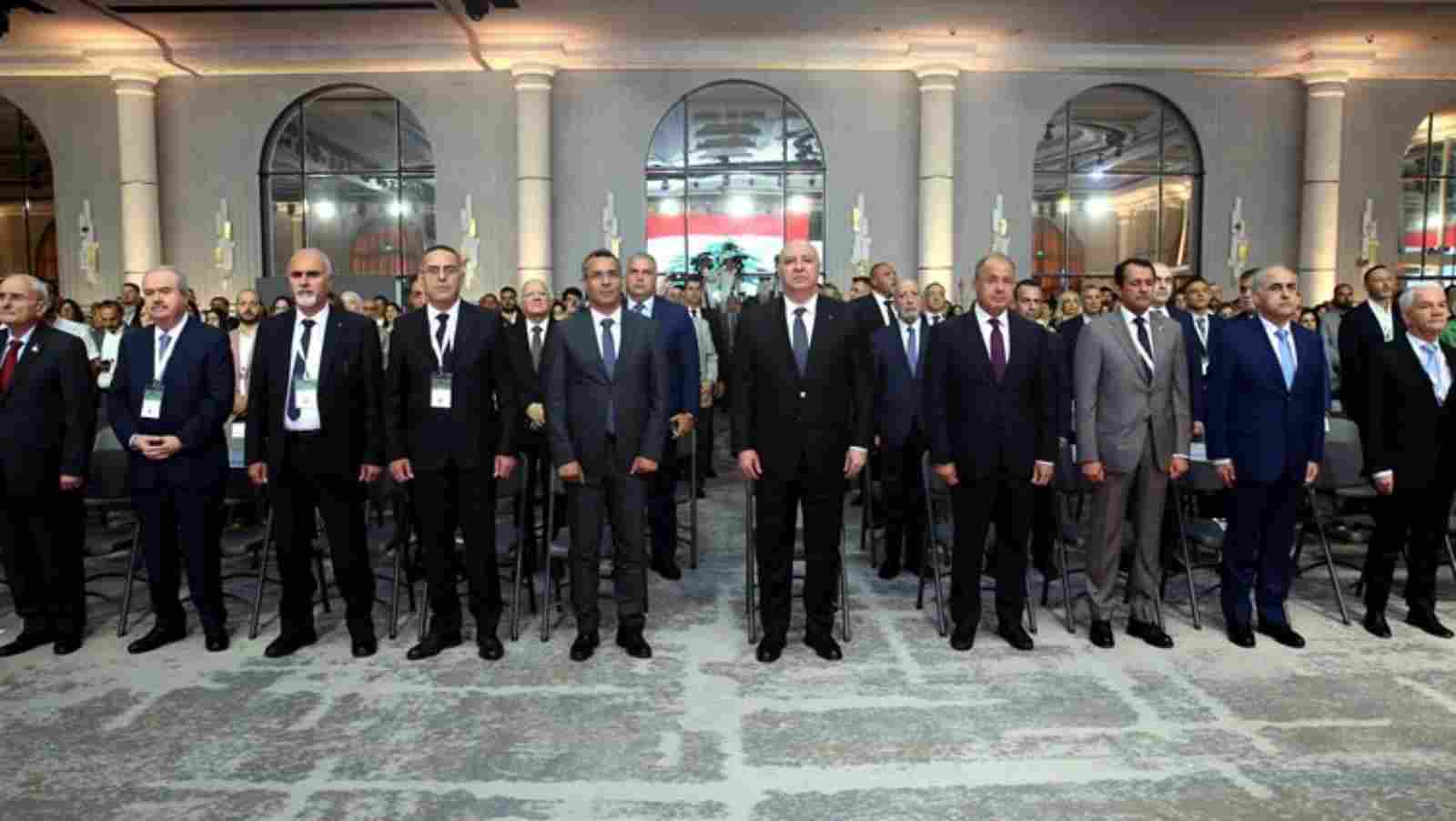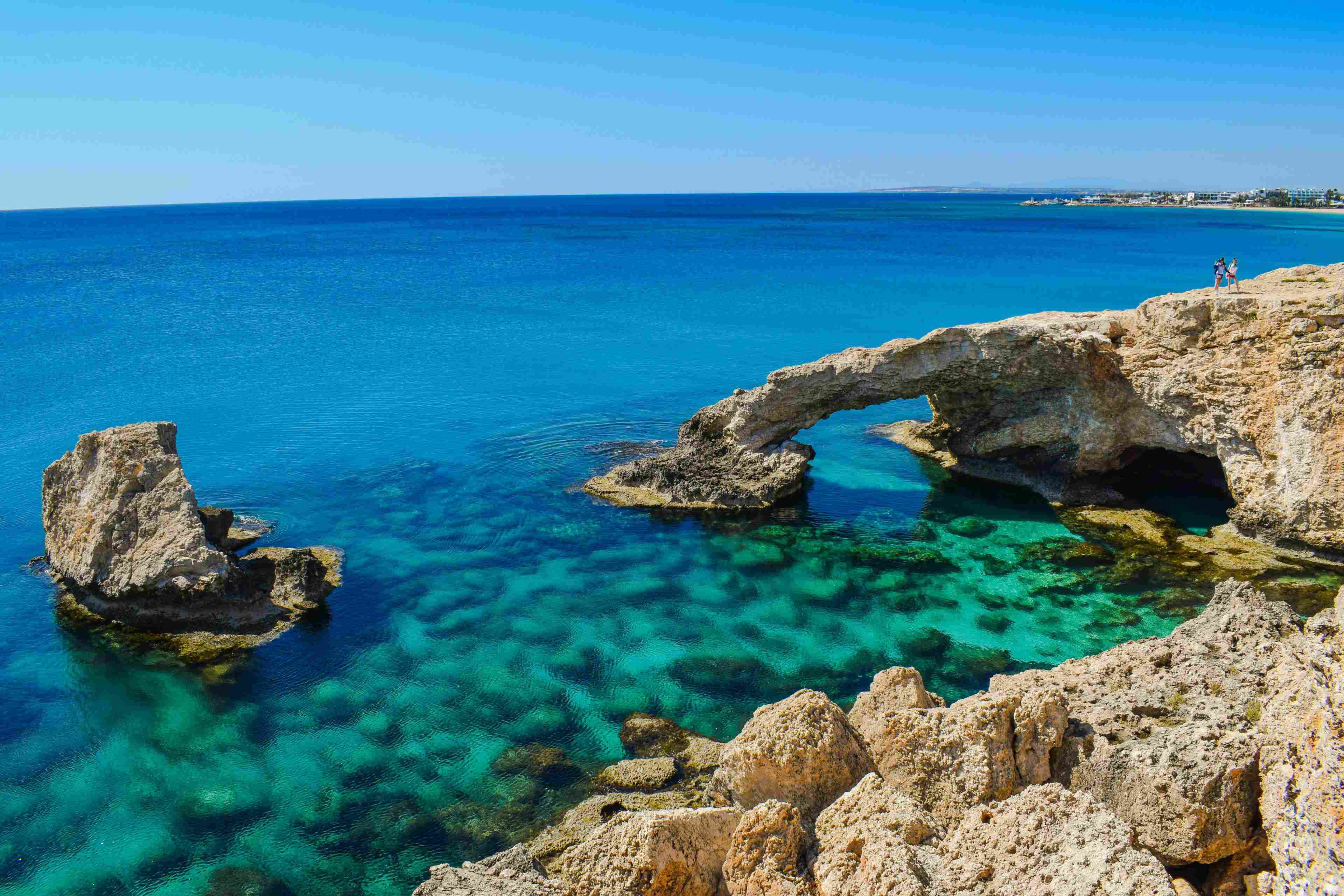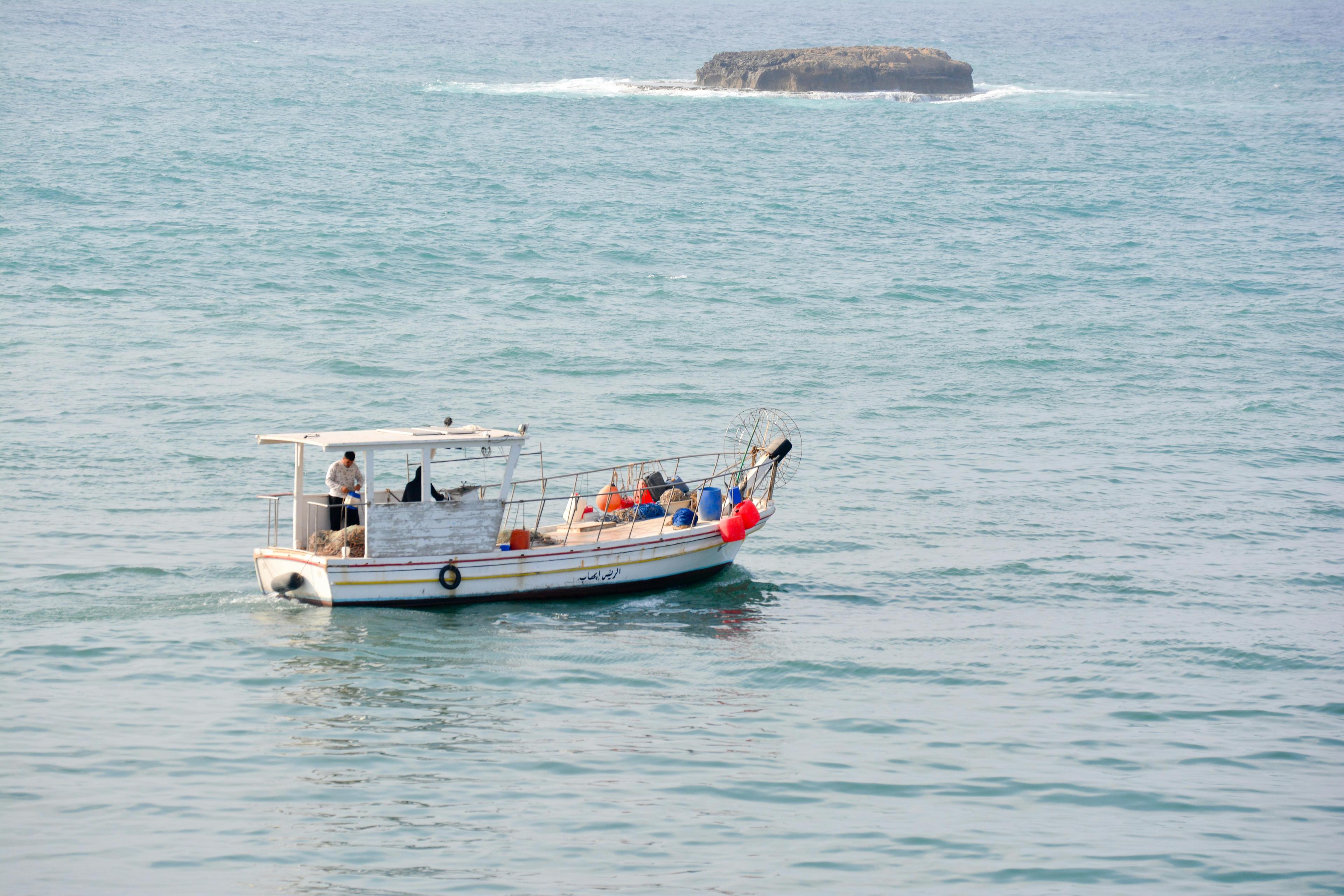
BEIRUT (Enmaeya News) — Lebanon’s Minister of Energy and Water, Joe Saddi, convened a high-level meeting with international donors and development agencies to launch a strategic dialogue on the future of Lebanon’s water sector, emphasizing the urgency of governance reforms, infrastructure upgrades, and institutional accountability.
Saddi announced that the national water sector strategy will undergo a comprehensive revision. “Valid elements will be retained, gaps will be addressed, and necessary updates will be made,” he said, noting that the updated strategy would be developed through consultation with stakeholders before being submitted to the national water authority, which resumed activity after a two-year halt.
A core focus of the meeting was governance reform. Saddi called for the urgent appointment of new boards of directors for the regional public water establishments—most of which are operating under expired mandates—and the preparation of clear business plans. He also stressed the importance of strengthening oversight, transparency, and accountability mechanisms across the sector.
Violations on the water distribution network were described as alarmingly widespread, comparable to those seen in Lebanon’s electricity sector. Saddi urged immediate intervention and proposed the digitization of ministry and utility services as part of a broader modernization push, along with a planned review of water tariffs to improve service sustainability.
Sanitation and wastewater infrastructure also featured prominently. A study is currently underway to evaluate the performance of Lebanon’s wastewater treatment plants, identify investment priorities, and develop a targeted national action plan. This includes coordinated work with international technical partners to assess infrastructure gaps and ensure environmental compliance.
Saddi also confirmed that the status of the country’s dams and large-scale infrastructure will be reviewed to promote a more integrated and resilient national water strategy.
The meeting concluded with the endorsement of a joint roadmap extending through 2025, which includes monthly follow-ups to track progress and ensure coordination. Saddi acknowledged the critical support of international actors—including the EU, USAID, AFD, UNICEF, the embassies of the Netherlands and Germany, GIZ, and KfW—as essential partners in Lebanon’s path toward sustainable water reform.
This effort aligns with Lebanon’s broader objectives to implement comprehensive governance reforms and attract international aid and investments necessary for recovery and sustainable development.
